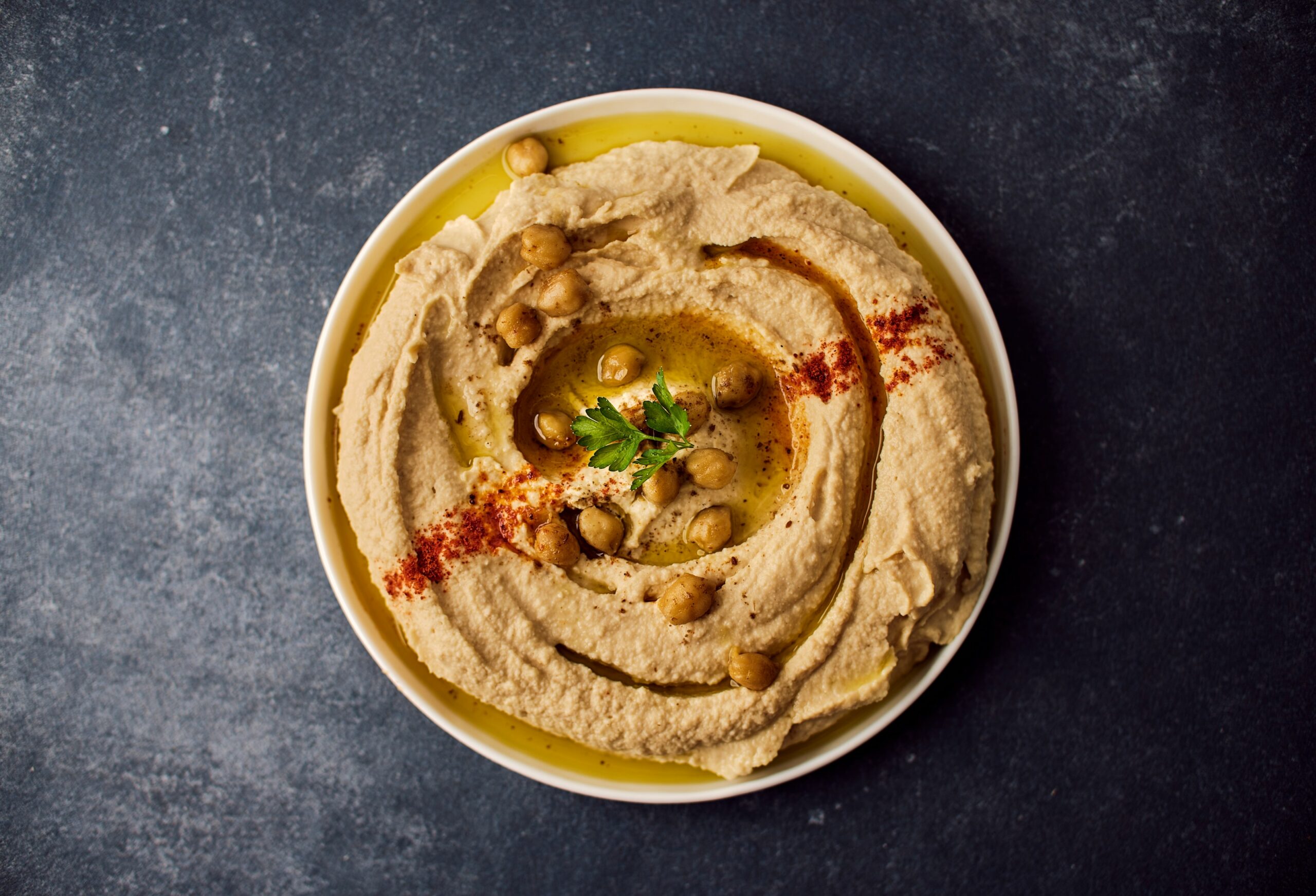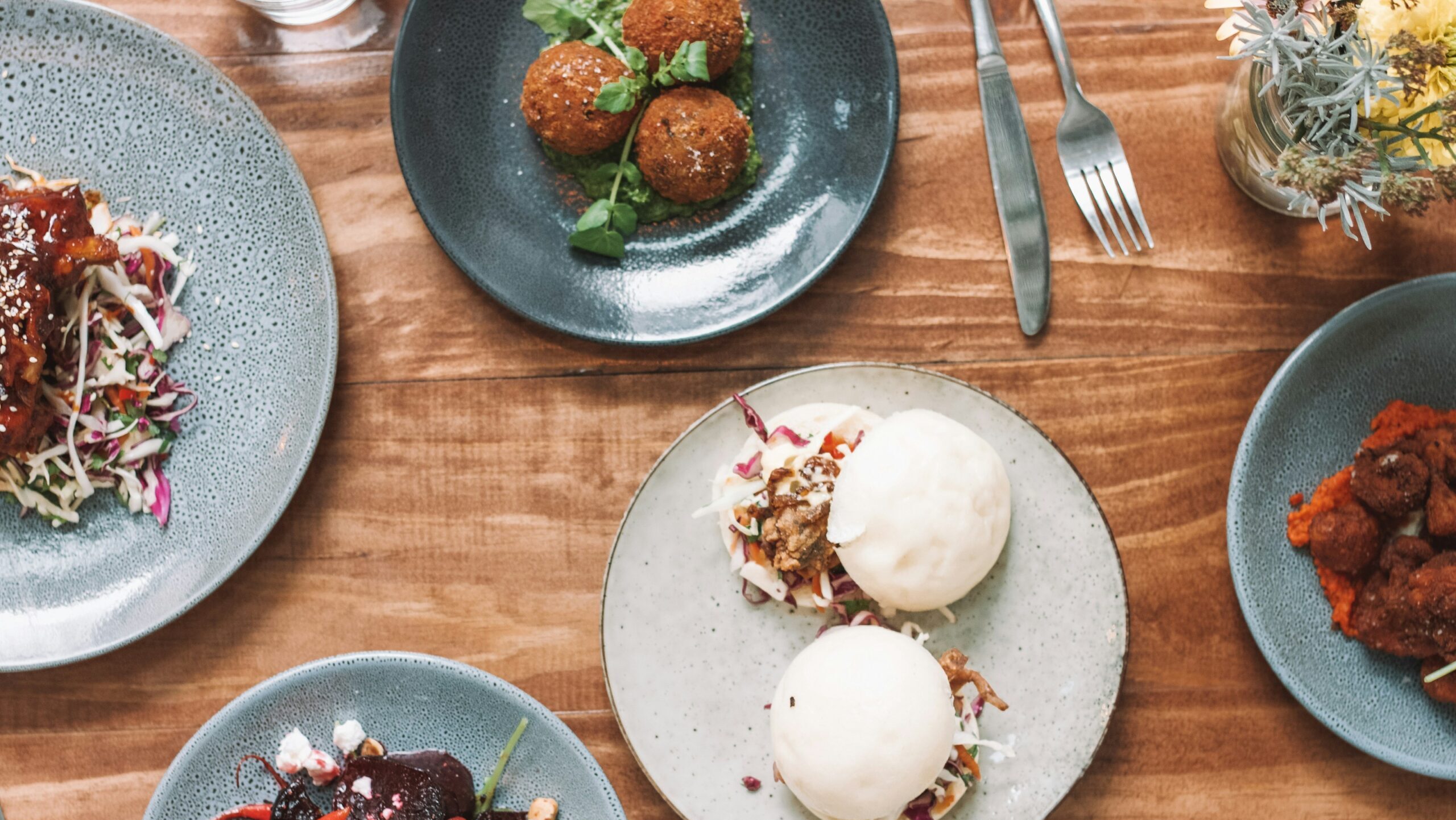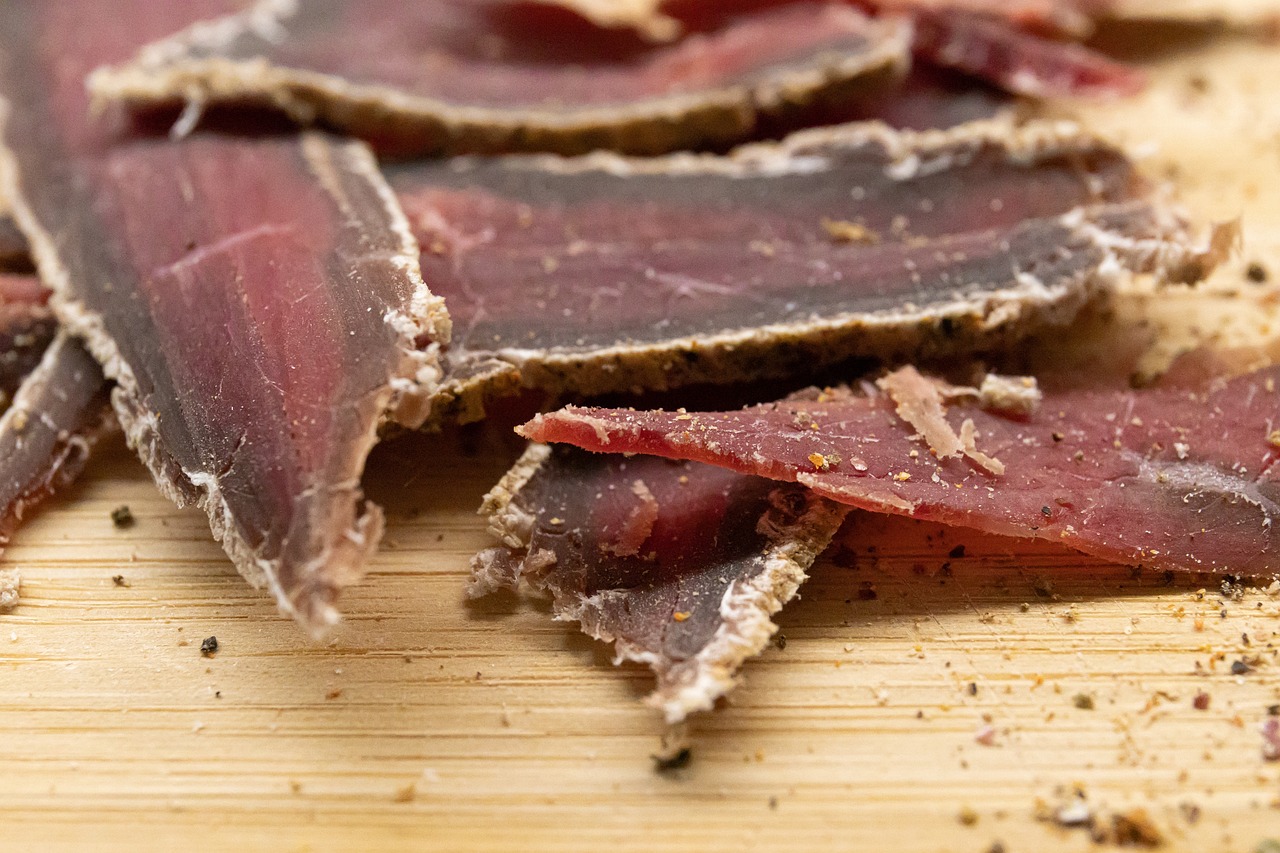Nutrition plays a crucial role when taking GLP-1 medication for weight loss, which has transformed medical approaches to managing obesity. A nutritious diet is essential to complement the effectiveness of GLP-1 medications like Ozempic, Wegovy and Mounjaro, and it can help manage side effects while aiding long-term weight maintenance.
Market research conducted by Watch Me Think explored the eating behaviors of GLP-1 medication users. Amanda Pizarek, Director of Research, highlighted findings that underscore the importance of prioritizing nutrient-rich foods, managing cravings, and leveraging medication to reduce overall food intake. Pizarek also noted a growing trend in which “users want trusted brands to offer foods designed to meet their nutritional needs and enhance the benefits of GLP-1 medications.”
She emphasized that a “supportive, nutrition-rich diet not only complements the medication but also effectively manages associated side effects.” In crafting a nutritious eating pattern, protein, fiber, and hydration play pivotal roles for both GLP-1 users and individuals prioritizing overall health.
GLP-1 users benefit significantly from consuming smaller, more frequent meals, reducing fat intake, and integrating functional foods into their diet.
Protein: According to Pizarek, “protein is the primary nutrient sought by GLP-1 users.” Adequate protein intake is crucial for maintaining muscle mass, promoting growth, inducing feelings of fullness, and stabilizing blood sugar levels.
It’s important that protein sources for GLP-1 users are complete, encompassing all essential amino acids necessary for bodily functions and maintenance. Complete protein sources include meat, poultry, fish, eggs, dairy, and plant-based options such as quinoa, soy, and chia seeds. GLP-1 users can also supplement their protein intake with products like protein bars, protein waters, and other foods with added protein.
Research shows that people who are losing weight should consume 1-1.5 grams of protein per kilogram of body weight per day.
Fiber: Fiber-rich foods such as fruits, vegetables, whole grains, beans, nuts, and seeds may help alleviate digestive side effects by promoting regular bowel movements and supporting overall digestive health. Fiber can also be found in supplements and snacks food with added or naturally occurring fiber.
Additionally, fiber enhances feelings of fullness and contributes to managing blood sugar levels, complementing the effects of GLP-1 medications.
Hydration: Adequate hydration is key for ensuring effective medication absorption and distribution, promoting overall well-being, and supporting healthy digestion.
Proper hydration may also mitigate nausea commonly associated with GLP-1 medications. While water remains the optimal choice for hydration, flavored zero-sugar beverages and electrolyte powders can also effectively supplement fluid intake in a tasty way.
Smaller, More Frequent Meals with Less Fat: GLP-1 medications accelerate the feeling of fullness, making smaller, more frequent meals an ideal approach for optimizing nutritional intake. Limiting fat consumption leaves more room for nutrient-dense foods rather than calorie-dense ones. Plus, frequent, smaller meals can help minimize heartburn and nausea side effects.
Optimal fats include unsaturated fats found in avocados or natural peanut butter, and omega-3 fatty acids found in foods such as salmon and walnuts.
Functional Foods: GLP-1 users can incorporate functional foods – items offering additional health benefits beyond basic nutrition – to optimize their dietary quality. Probiotics, prebiotics, omega-3 enriched foods, fortified and enriched foods and beverages can enhance the nutritional value of GLP-1 users’ diets, providing targeted health benefits.
Editor’s note: Maria Caranfa is a senior food industry leader driving growth, innovation, and social impact through strategic business integration and communication of nutrition, policy, sustainability, and consumer insights. She is a food and nutrition writer and Registered Dietitian Nutritionist.
This article was reviewed by Kelly Ziemkiewicz RDN, LDN, CDCES. Ziemkiewicz is the owner of Hale Road Wellness PLLC. She has over 20 years of experience as a Registered Dietitian Nutritionist.
The Food Institute Podcast’s “Foodservice Gamechangers” Series
Get to know the men and women behind the scenes of foodservice distribution in a new, limited series from The Food Institute Podcast called “Foodservice Gamechangers.” Recently, Pat Mulhern, advisor to The Food Institute, sat down for brief conversations with seven of the most influential foodservice merchandising and distribution leaders. Highlighting their food career journeys and management styles, the conversations feature insightful thoughts on what may lie ahead for manufacturers, distributors, and operators in foodservice.












